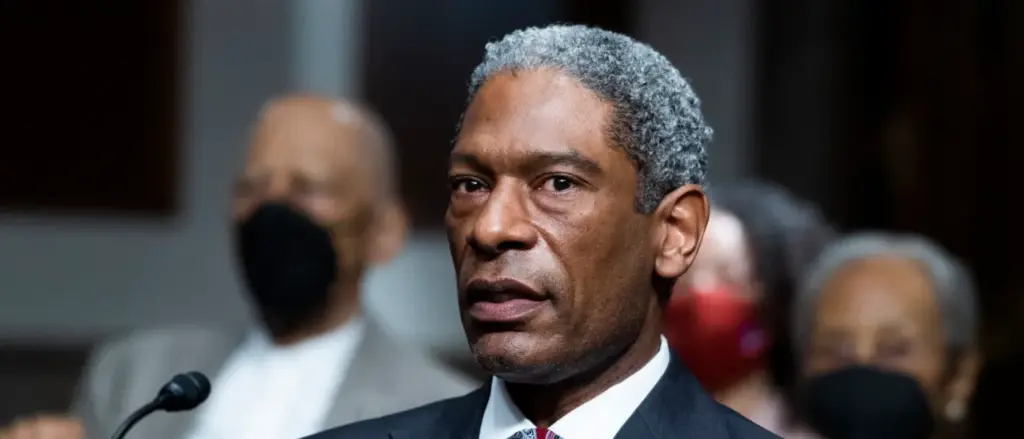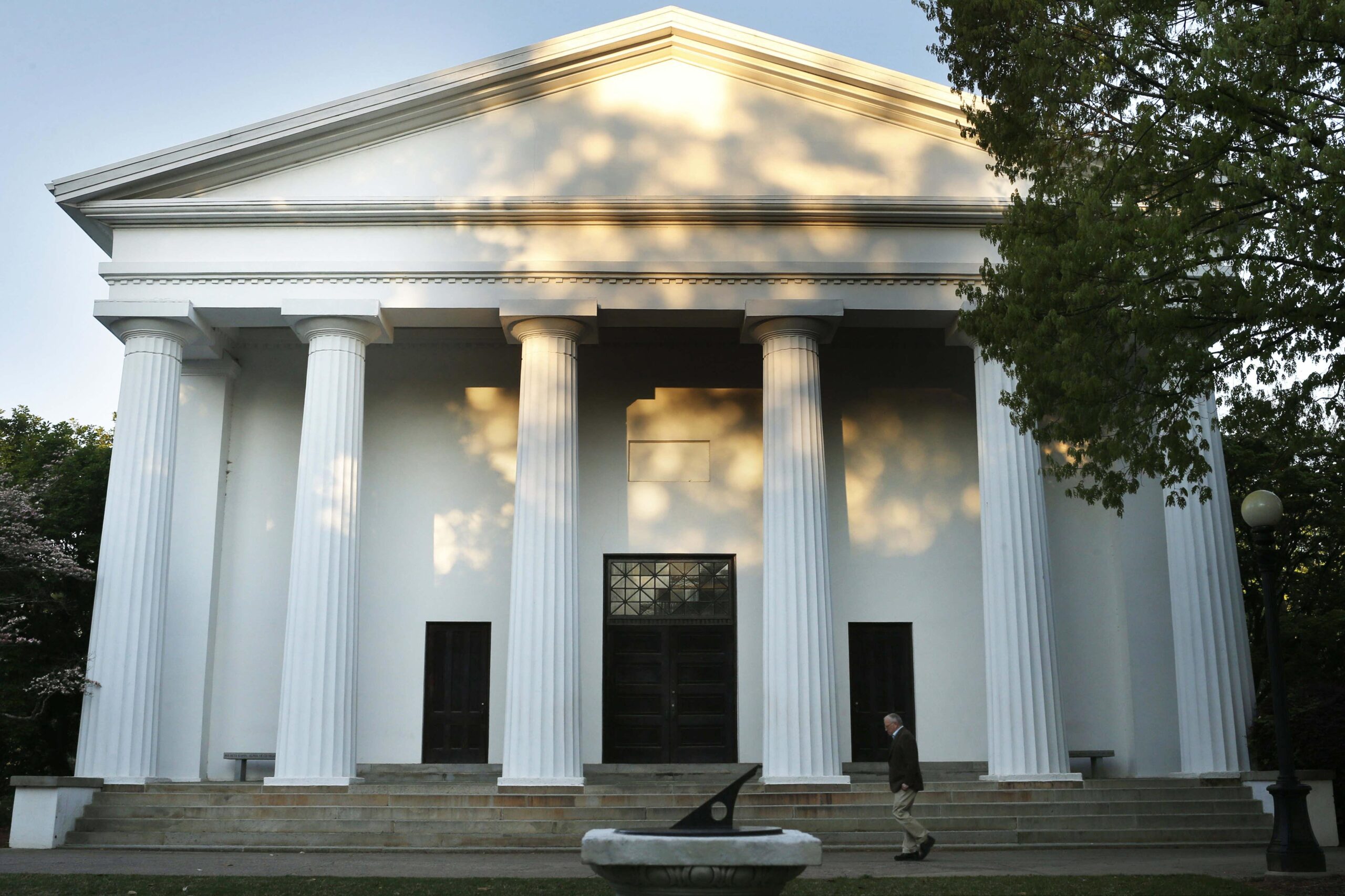
U.S. District Court Judge Julien Neals faces allegations of fabricating quotes in a legal opinion issued on June 30, 2025. Attorney Andrew Lichtman, who had previously appeared before Neals in a civil suit, raised concerns regarding apparent inaccuracies in the opinion. In a letter to the judge, Lichtman outlined several errors, including incorrect case outcomes and misattributed quotes.
The controversy began when Lichtman pointed out that Neals misstated the outcomes of cases cited in his opinion, specifically noting that motions to dismiss were granted rather than denied. Lichtman also alleged that Neals attributed quotes to cases where they do not exist, claiming there were numerous instances of such errors.
Lichtman’s letter contained six specific allegations, including an instance where the opinion referenced the case City of Warwick Retirement System v. Catalent, Inc., claiming it included the quote, “The absence of insider trading is not dispositive.” Upon examination, this quote was not found in the referenced document. Furthermore, Lichtman asserted that Neals improperly attributed two quotes to defendants that were not alleged to have been made.
In response to Lichtman’s concerns, Neals withdrew his opinion and issued a notice stating, “That opinion and order were entered in error,” as reported by Bloomberg News. The notice indicated that a subsequent opinion would be forthcoming.
Speculation regarding the cause of these discrepancies has emerged, with some suggesting that artificial intelligence could be at fault. Josh Blackman, a constitutional law professor and contributor to The Volokh Conspiracy, proposed that many judges might be unknowingly issuing opinions with similar inaccuracies. He suggested that legal professionals should scrutinize adverse orders for signs of such “hallucinations,” which could serve as grounds for appeal.
Blackman speculated that a law clerk, rather than Neals himself, may have been responsible for the errors, raising questions about how closely judges review their clerks’ work. He emphasized the importance of verifying citations to ensure their accuracy, suggesting that a thorough analysis of opinions issued by Neals and judges across the country could reveal patterns of misconduct.
Neals was nominated to the district court by former President Barack Obama in February 2015 and was later renominated by President Joe Biden in March 2021. Biden’s administration has highlighted the importance of diversity within the federal judiciary, including nominees who reflect a wide range of backgrounds and experiences.
Biden’s statement at the time of Neals’ nomination emphasized his commitment to a diverse federal bench, noting that it should represent the full spectrum of American society. The nomination was part of a broader strategy to enhance representation within the judiciary, which included groundbreaking appointments such as Ketanji Brown Jackson, now a Justice of the Supreme Court.
The current situation raises significant concerns about the integrity of judicial opinions and the processes involved in their creation. As the legal community grapples with the implications of potential AI use in legal drafting, the focus will likely remain on the quality and accuracy of judicial decisions.
This incident serves as a reminder of the critical importance of rigorous standards in legal proceedings, where the accuracy of citations and quotations can have profound implications for justice. The outcome of the investigations into Neals’ opinion could set a precedent for how such matters are handled in the future, emphasizing the necessity for accountability within the judiciary.






